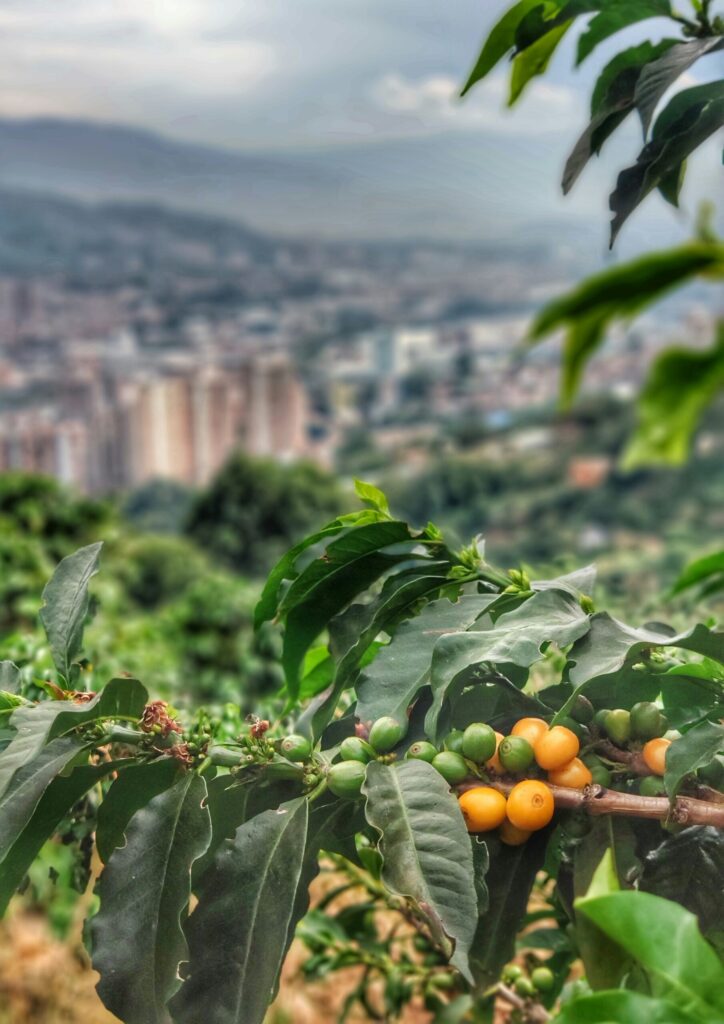The origins of coffee in India
The history of Indian coffee beans dates back to the 17th century when coffee was first introduced to the region by Baba Budan. This Sufi saint is credited with smuggling seven coffee seeds from Yemen to India, leading to the establishment of coffee cultivation in the Western Ghats of Karnataka. The cultivation spread rapidly, transforming the region into one of the world’s top coffee producers. Growth and Cultivation Indian coffee beans thrive in the lush, mountainous terrain of the Western Ghats, particularly in states such as Karnataka, Kerala, and Tamil Nadu. The distinct climate, with its rich soil and high rainfall, coupled with the shade provided by towering trees, creates an ideal environment for Arabica and Robusta varieties. The beans are cultivated using traditional methods, ensuring flavor integrity while supporting local economies. The Impact of Indian Coffee on Global Markets Throughout the centuries, Indian coffee beans have gained international acclaim for their unique flavor profiles, often described as rich and full-bodied with hints of chocolate and spice. The influence of Indian coffee extends beyond quality; it has also played a significant role in the cultural fabric of coffee drinking around the world, particularly in European and Western markets. Today, Indian coffee represents a critical sector of the agricultural economy, and its popularity continues to surge in various global markets.
The origins of coffee in India Read More »

